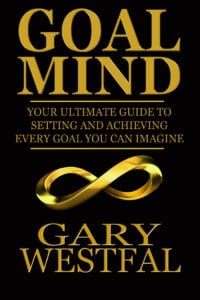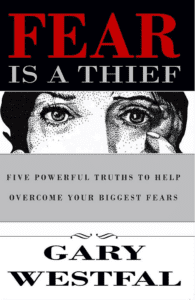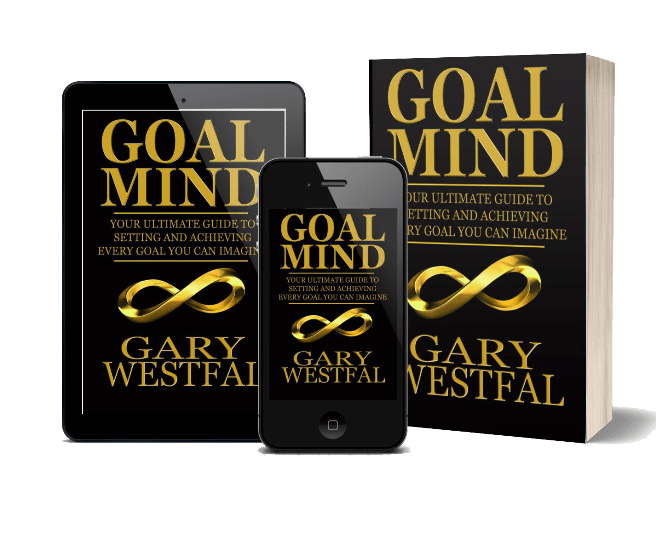With so many demands competing for your attention these days, it’s no wonder you have so little time to educate yourself outside of a traditional or formal curriculum. However, it is because of these very same demands that a new educational focus has emerged, allowing you to leverage what little time remains of your day to informally educate yourself, thanks, in large part, to the Internet. With the practice of self-education, the future is right where it belongs—in your hands.
Master motivator and business philosopher, Jim Rohn, famously quoted, tells us that…
“FORMAL education will help you make a living while…SELF-education will make you a fortune.”
The premise of this quote was never meant to disparage the value of a formal education, but instead to stress the targeted impact and effect self-education has on a specific objective, achievement, or outcome.
Self-education has become an equalizer to those who see formal education as too rigid, out of date, or irrelevant to the attainment of their goals. It has also become a method to leverage formal education curriculums and credentials.
Don’t get me wrong, formal education has its place. But even formal education oftentimes comes with a mandate to keep up with the changes, updates, and advancements through a continual education process (formal or informal) to remain relevant and knowledgeable.
Coming from a formal education background, I can attest to the merits of a formal education from many perspectives. But to discount or deny the effect of a self-education is akin to looking at the world through a straw—there is so much more out there to see and experience.
Think about it. If you happen to have a bachelor’s degree in marketing and advertising, having say, an additional skill or ability to manipulate Photoshop tools would give you an edge in the marketplace as well. But, what if all you need from Photoshop is an ability to make minor adjustments to images and photos to enhance your marketing and advertising? You don’t need a fully-credentialed formal certification for that. A YouTube session or two would most likely be all you’d need to self-educate and meet your objective.
Self-education can also help you to take a critical first step toward success with the knowledge and insight you need to compete in the space you seek. As liberating as self-education sounds, however, it will require something of you that you may not be initially prepared for.
You’ll need the DISCIPLINE to follow a schedule and to procure the right resources to ensure you educate yourself correctly and efficiently. But there are ways to mitigate the cons and accentuate the pros.
Here are four quick, but useful, useful tips for you to do just that…
Start with something you enjoy
If your self-education starts with excuses, you are in the wrong lane. Re-align yourself with your purpose or passion and then move ahead. Teaching yourself to learn a particular skill requires your commitment. You are more likely to commit to something you enjoy over something you don’t.
Enlist an accountability partner
Because self-education requires your unwavering devotion to consistency, it may help to hire a coach or someone who will keep you on track. Remember, consistency rules the day whether you’re starting something new or you’re looking for results in personal development, business, and unique skillsets. If you are one of the few who has a high dose of self-discipline, this may not apply to you. But it should be something you keep in mind if and when you notice the need.
Test yourself
Find ways to put your knowledge into practice. Don’t fear mistakes. Mistakes are part of the learning process. Learn from them and move ahead.
Commit to lifelong learning
We are ALWAYS learning. Your ability to embrace lifelong learning is critical to your growth and success. The dream life you desire might just be one book away, one podcast away, or one skill away. Be curious. Never stop learning and you will inevitably get where you desire to be.
Until next time…
– G –
“Education is not the learning of facts, but the training of the mind to think.” ~ Albert Einstein










